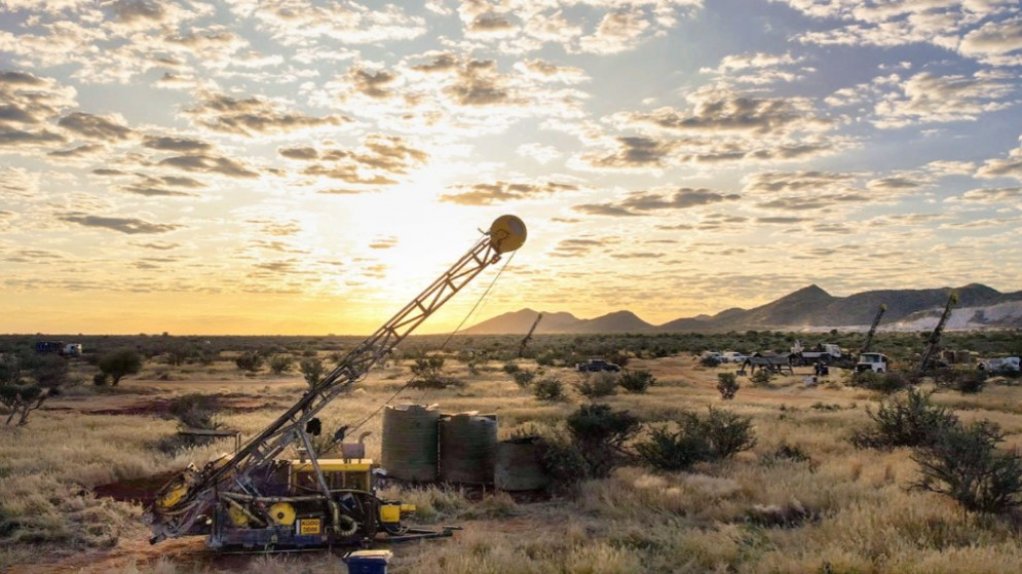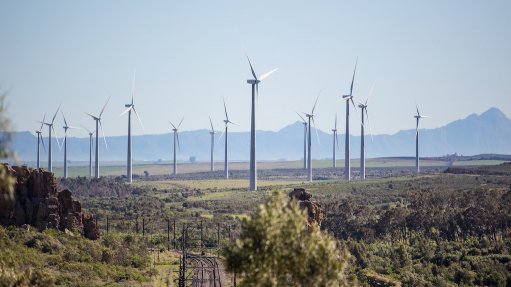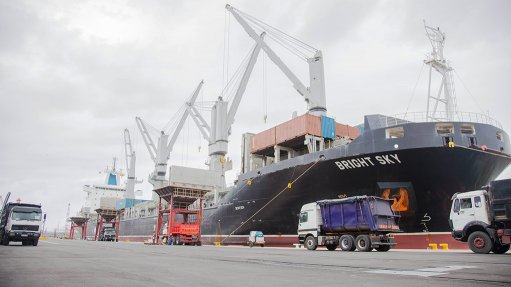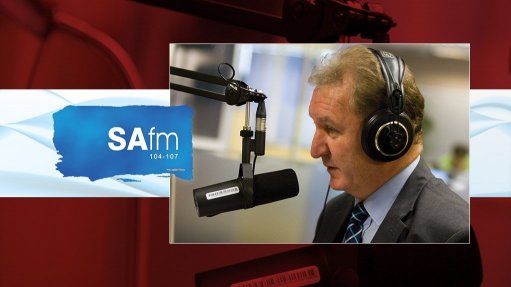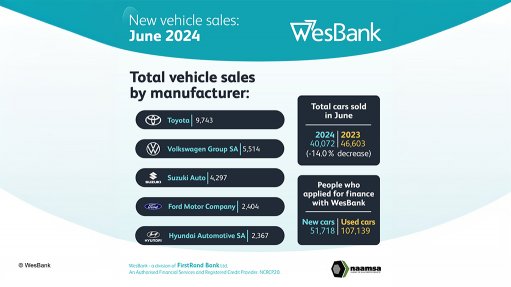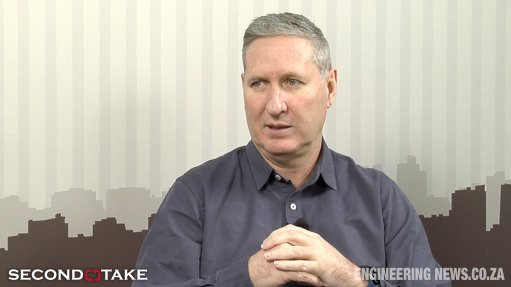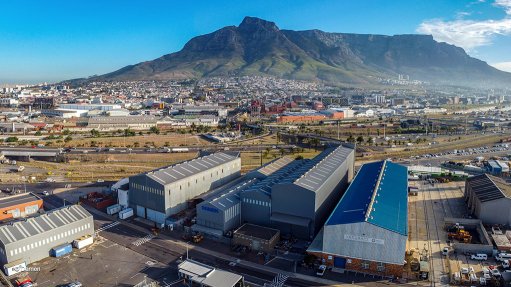Sustainability reports highlights Osino’s investment in jobs, Namibia’s economy
TSX-listed Osino Resources’ Twin Hills gold project, located near Karibib in Namibia, is on track to create about 1 000 new jobs in the region, the company’s third annual sustainability report shows.
The report summarises the company’s social, environmental and economic performance for the year 2023 and outlines plans for the ongoing integration of sustainability into the design of Twin Hills.
Osino has, from its inception and up to the end of 2023, attracted about C$81-million in foreign direct investment for the Namibian economy, as detailed in the ‘2023 Sustainability Report’.
The previously announced pending acquisition by Yintai is likely to be finalised in the next few months.
“With the pending acquisition of Twin Hills by Yintai and Yintai’s commitment to finance the development of the Twin Hills gold project, site construction is about to commence.
“This progress could not have happened without the collective dedication of our skilled, motivated and hard-working team, which embodies the company’s core values and purpose and has laid a solid foundation for transitioning from exploration and development studies, to real mine construction and operations, with a focus on setting the project up for a responsible mining approach,” says Osino president and CEO Heye Daun.
FDI IN NAMIBIA
During 2023, Osino’s Namibian procurement spend was C$8.9-million (N$123-million).
Additionally, Osino paid C$2.3-million (N$31.4-million) in wages and C$477 000 (N$7-million) to the Namibian government (social security, pay-as-you-earn, workman’s compensation and training levy).
The report highlights the company’s prioritisation of local and transformative employment, with 89% of Osino’s 83 employees being Namibian nationals and 37% from local communities; there being 22% female employees in a male-dominated industry; and the earlier alluded to figure of 1 000 jobs likely to be created.
The report also outlines the company’s work to strength local communities and relationships, with 66% procurement spend in Namibia, of which half was within Erongo region; ongoing strategic socioeconomic development through the Twin Hills Trust; and a public grievance mechanism launched, and public relations and community liaison officer hired, to further improve Osino’s community relationships.
PROACTIVE PLANNING
Osino completed the definitive feasibility study in July 2023.
A comprehensive operational-readiness plan for the project was developed in 2023 which includes key sustainability aspects. Implementation of this plan is ongoing.
The report highlights a focus on environmental performance, with no significant environmental incidents recorded.
There is also diversified and sustainable water supply strategy which relies on multiple sources, with significant buffer, aiming to minimise the impact on other water users and the environment.
Ongoing specialist studies indicate that the planned abstraction will have an insignificant impact on neighbouring water users, the report says.
This work is being undertaken in collaboration with the Department of Water Affairs, national and local governments and utility NamWater.
To reduce future water consumption, Osino says it has committed to a significant additional capital investment which provides for pressure filtration and dry-stacking of mine tailings, resulting in a considerable reduction in overall water consumption to a level of less than half of comparable mines in Namibia.
There is ongoing investigation into carbon-reducing technologies and strategies for the Twin Hills mine, such as a planned solar PV plant.
Comments
Press Office
Announcements
What's On
Subscribe to improve your user experience...
Option 1 (equivalent of R125 a month):
Receive a weekly copy of Creamer Media's Engineering News & Mining Weekly magazine
(print copy for those in South Africa and e-magazine for those outside of South Africa)
Receive daily email newsletters
Access to full search results
Access archive of magazine back copies
Access to Projects in Progress
Access to ONE Research Report of your choice in PDF format
Option 2 (equivalent of R375 a month):
All benefits from Option 1
PLUS
Access to Creamer Media's Research Channel Africa for ALL Research Reports, in PDF format, on various industrial and mining sectors
including Electricity; Water; Energy Transition; Hydrogen; Roads, Rail and Ports; Coal; Gold; Platinum; Battery Metals; etc.
Already a subscriber?
Forgotten your password?
Receive weekly copy of Creamer Media's Engineering News & Mining Weekly magazine (print copy for those in South Africa and e-magazine for those outside of South Africa)
➕
Recieve daily email newsletters
➕
Access to full search results
➕
Access archive of magazine back copies
➕
Access to Projects in Progress
➕
Access to ONE Research Report of your choice in PDF format
RESEARCH CHANNEL AFRICA
R4500 (equivalent of R375 a month)
SUBSCRIBEAll benefits from Option 1
➕
Access to Creamer Media's Research Channel Africa for ALL Research Reports on various industrial and mining sectors, in PDF format, including on:
Electricity
➕
Water
➕
Energy Transition
➕
Hydrogen
➕
Roads, Rail and Ports
➕
Coal
➕
Gold
➕
Platinum
➕
Battery Metals
➕
etc.
Receive all benefits from Option 1 or Option 2 delivered to numerous people at your company
➕
Multiple User names and Passwords for simultaneous log-ins
➕
Intranet integration access to all in your organisation



